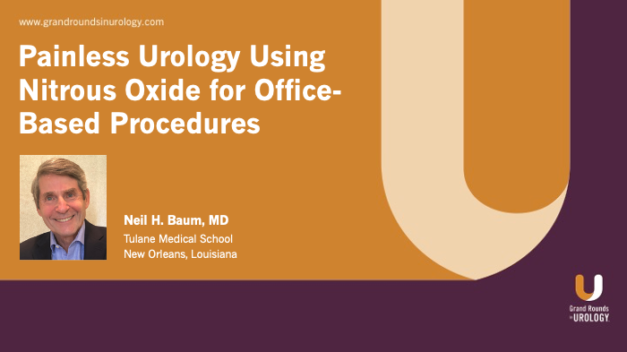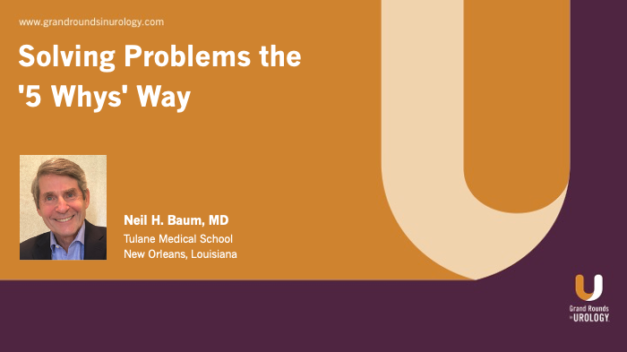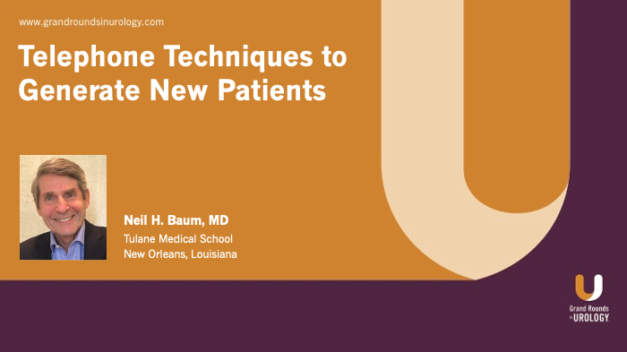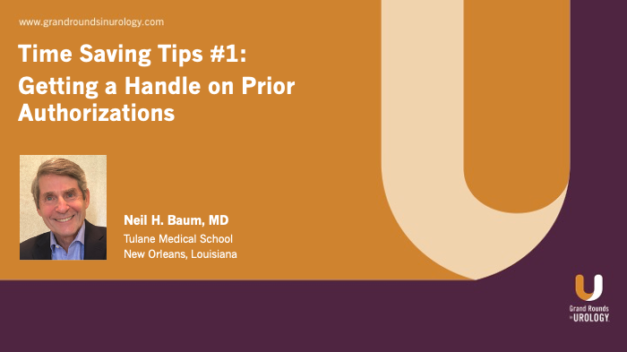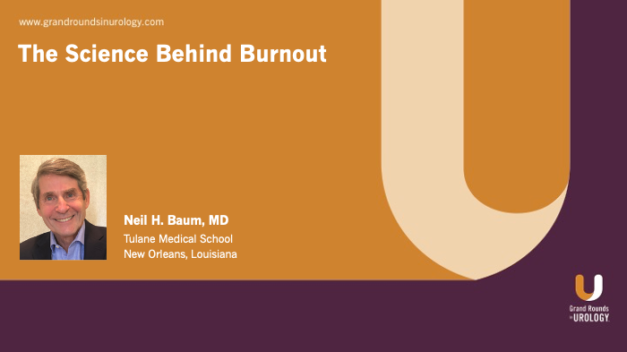Painless Urology Using Nitrous Oxide for Office-Based Procedures
In this eight-minute commentary, Grand Rounds in Urology Contributing Editor Neil H. Baum, MD, Professor of Urology at Tulane Medical School, discusses the use of nitrous oxide for office-based urologic procedures. First, he covers the difference between nitrous and nitric oxide, as well as the safety protocols one needs to be aware of when using nitrous oxide. Next, he goes over the important contraindications for using nitrous oxide before discussing the required training. Dr. Baum talks about how to get started using it in a practice and emphasizes the importance of having consent for use. He then discusses all the costs involved and highlights that despite the fact that most insurance companies do not not actually cover nitrous oxide’s use, it is still a very useful tool for minimally-invasive procedures like vasectomies. Overall, he highly recommends that urologists add nitrous oxide to their armamentarium as more and more urologic procedures are being done as out-patient procedures and it significantly adds to patient comfort.
Read More
